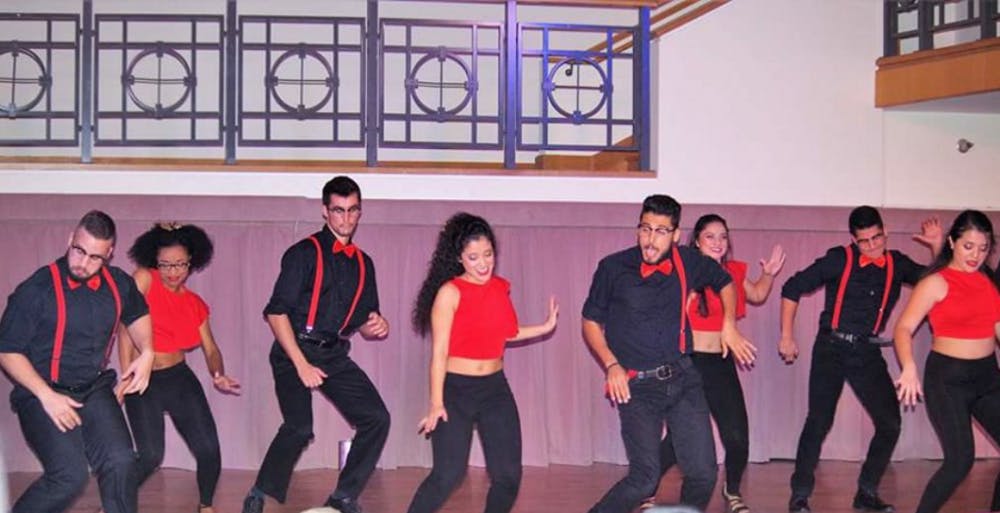With performance season in full swing, Qué Rico is feeling the pressure to succeed.
The biggest competition of the semester is just over a month away, and UNC-Chapel Hill’s only Latin dance team has performances planned in the meantime. It's Hispanic Heritage Month, which brings with it a crazy performance schedule and a chance to share Hispanic cultures.
Thomas Thielen, co-director of Que Rico, said the team is a subgroup of the Carolina Hispanic Association, or CHispA. Both Que Rico and CHispA have the same goal of sharing Hispanic cultures and spreading awareness of issues affecting the Latinx community, Thielen said.
While Que Rico performs to Latin music and their dances have roots in Latinx cultures, the team is not restricted to people of Latinx heritage. Thielen said the club’s membership is diverse.
“Dancing should be very inclusive of everyone,” Thielen said. “It shouldn’t be set to people of the Latinx community.”
There are 21 members of Que Rico, he said. Though it is a competitive dance team, it's also become a family that bonds outside of the team’s thrice-weekly rehearsals.
“We do compete, but this is also an area to have fun,” he said. “The fun factor can never be taken out of it, because I feel like dancing without fun is not dancing at all.”
Que Rico has two upcoming performances within a week of each other. They're performing at Afro-Latino Night at North Carolina Central University on Oct. 7 and at Carnaval, CHispA’s Hispanic Heritage Month celebration on Oct. 15.
Every fall for the past few years, Que Rico has participated in the competition “So You Think You Can Dance: Latin Edition” at Old Dominion University in Norfolk, Virginia. Domenica Paredes, the choreographer for Que Rico, said the team has won third and second place in the past two years, and it has a chance at winning first place at this year's competition, which will be held on Nov. 18.




